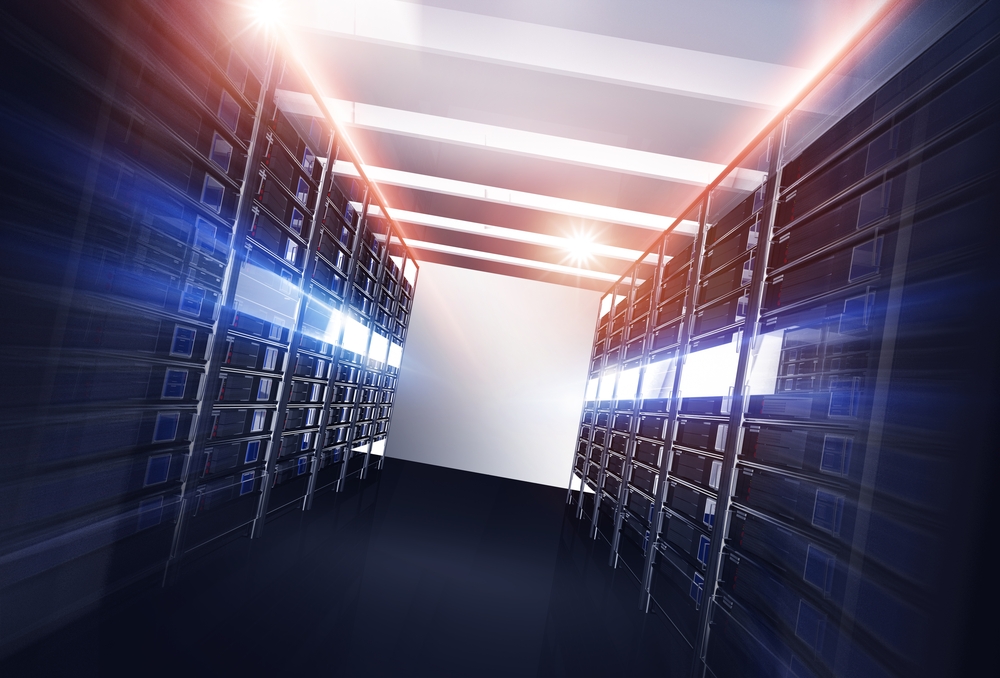Digitalisation is disrupting entire industries and decimating those that don’t adapt fast enough, making the watchword of success in this hyper competitive landscape is ‘innovation’. “Move fast and break things” confirms Mark Zuckerberg, Facebook founder and the youngest billionaire on the planet - as he reminds us that success means being one step ahead of everyone else - and taking enough risks to be different and special.
However, whilst ‘innovation’ is easy to aspire to, it’s more difficult to define. For some, it’s in the obvious - the shiny product; the iPhone that everyone wants and where the price doesn’t matter. For others it’s the charismatic CEO, the Steve Jobs or the Mark Zuckerberg who dare people to ‘break things’ and - as Steve Jobs told us - to ‘embrace the crazy.’
The root of differentiation
Differentiation actually starts away from the product or service level and is established under the hood of an organisation. Truly innovative companies have ‘difference’ woven intrinsically into their DNA.
A company that is truly different is one where the innovation ethos runs through every part of the business. From the creatives, developers and marketers to the point of sale, innovation is encouraged. Even at the back end - the finance department, tech support and in the data centre - competitive advantage lies in the ability to be different.
Indeed, the data centre is, for many, the heart of a business - the infrastructure that drives the company. The most forward looking organisations know that innovation, even in this ‘hidden’ engine, is vital. Getting the data centre strategy right means that a company has an intelligent and scalable asset that fundamentally powers innovation. However, if they get it wrong, they’re dealing with an Achilles heel, which will hamper choice and growth.
Some experts tell us that, when it comes to data centre choice, coverage is everything. They believe that, ultimately, choice beyond this is irrelevant; that one data centre is just the same as another and that data centre space is therefore a commodity. It’s vital to dispel this myth and assert that real difference can and must be achieved at this level. Being able to store and process data safely, and to access and interpret it as meaningful actionable information, quickly, will give a huge competitive advantage to those organisations that do it well.
The real home of innovation?
Real innovation is deep under the hood of an organisation - in the data centre. Not only do data centres power innovation - enabling services and products to be delivered in this digital world - they are innovative in their own right.
Indeed, far from offering a commodity service, data centre providers vary in many ways. Despite many things being similar - from accreditations, space and power capacity, contractual flexibility, connectivity options and service levels, to location – they can be different by design if you look beyond the obvious.
There are two events have forced a change in the enterprise data centre, and have pushed providers towards true innovation. Firstly, advancements in computational methodologies have dramatically increased the value generation potential for data. Deep Learning, the latest set of applications built on Artificial Intelligence (AI) technologies such as Machine Learning, has emerged as a vital tool in any company’s arsenal. Companies compete to gain access to the best sources of data and then race to extract the most value from that data.
Secondly, enterprises have dramatically increased the uptake in the application of scientific tools into their product development toolkit. Most of these scientific advancements leverage scientific computing methods in what is referred to as High Performance Computing (HPC). The increased infrastructure demands of deep learning workloads and HPC applications have simply outstripped the capabilities of data centres of old, and have meant that data centre providers have had to be quickly and adapt offering more capacity, more speed, and more power.
Choosing an innovative partner
These changes have also meant that it's nearly impossible (and certainly unwise) for organisations to manage their own data centre. In this fast moving world, it's who you partner with which is the real key to success.
When choosing a data centre provider, looking for that ‘difference’ is crucial. Beyond innovations in the physical data centre, differentiation can be achieved through the way a provider works with its customers. A partnership, not a service provider / customer contract, is important - where the provider listens to your specific needs and develops a bespoke way of working that is right for your business.
This seems pretty obvious, right? A report from customer service experts Customer Champions[1] told us that nearly three-quarters of businesses single out customer service as a key loyalty driver, ranking it above product, brand reputation and effective sales and marketing. So, why shouldn’t the same be true under the hood - at the point of space, power and cooling?
==
When we look at what innovation is, and what it means, we believe that the key to success is a back to basics approach, which focuses efforts on a company’s infrastructure and what it can power, and which seeks to get things right at the data centre level
For businesses to thrive they simply must have a greater appreciation of what data centres are doing and what they can do. For too many years they have ignored and taken for granted. They were sitting completely behind the curtain -- we didn't pay much attention to them until there was a problem. But today the data centre can be a creative place for the sort of innovation that can be make or break for an organisation. If organisations aren’t able to recognise that data centres are a long way from being a commodity then their ability to operate competitively, could be significantly compromised.
[1] http://www.customerchampions.co.uk/differentiating-on-customer-service-what-are-the-key-issues/




